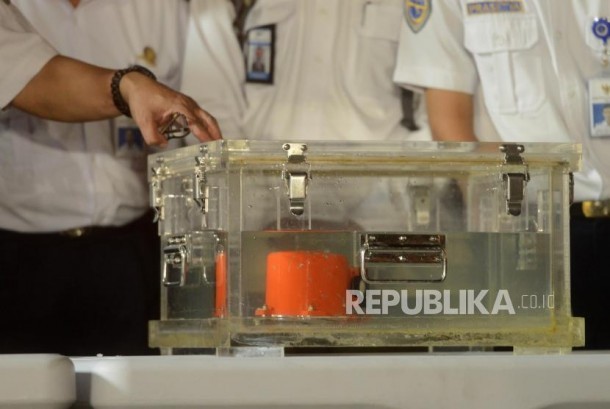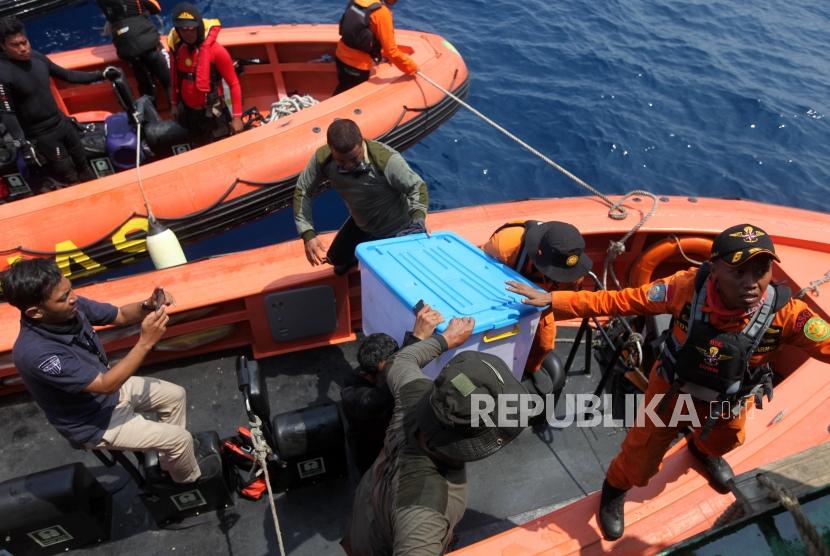REPUBLIKA.CO.ID, JAKARTA -- The National Transportation Safety Commission (KNKT) has downloaded the data and information stored in the Flight Data Recorder (FDR). The FDR has recorded flight information, such as speed, altitude, flight control, temperature rotation, and aircraft avionics.
"The FDR has a memory chip containing the flight data. We have downloaded it," Head of the National Transportation Safety Commission (KNKT) Soerjanto Tjahjono stated at a press conference here on Monday.
The KNKT has focused its search efforts for the Cockpit Voice Recorder (CVR) of Lion Air JT 610 plane that crashed into Karawang waters. The CVR records conversations of pilot, co-pilot, and cabin crew.
"If we do not find the CVR, we will do our best to find the cause of Lion Air plane crash," he remarked.
Also read:
* Evacuation operation of Lion Air JT 610 extended
* Lion Air JT 610 black box found
For investigative purposes, the KNKT has sought assistances from the United States, Singapore, Australia, and Saudi Arabia, he explained.

Black box of Lion Air JT 610.
Meanwhile, Tjahjono had earlier revealed that the Lion Air JT 610 plane did not explode mid-air. He remarked that several small pieces of debris of the crashed plane, with 189 passengers onboard, were found.
"Hence, the plane exploded when it came in contact with water and did not explode mid-air. If the plane had exploded mid-air, then the debris would have been quite large. Therefore, we emphasize that it was still intact when it touched the water," he unveiled, adding that the plane had touched the water at high speed.
"The debris were small, and so the speed at which the plane crashed in the water would have been extraordinary," he disclosed.
The debris were scattered far from the plane's estimated crash site. In addition, when the plane crashed, its engine was still operating and the turbines were rotating at high speed.
"The engine was on, as was indicated by the high rotation of the turbines or compressor," he stated, noting that the aircraft engine was still intact.
"The engine faced no problems. Parts of the engine were operating at high RPM. The engine speed was quite high when it crashed into the waters," he added.


